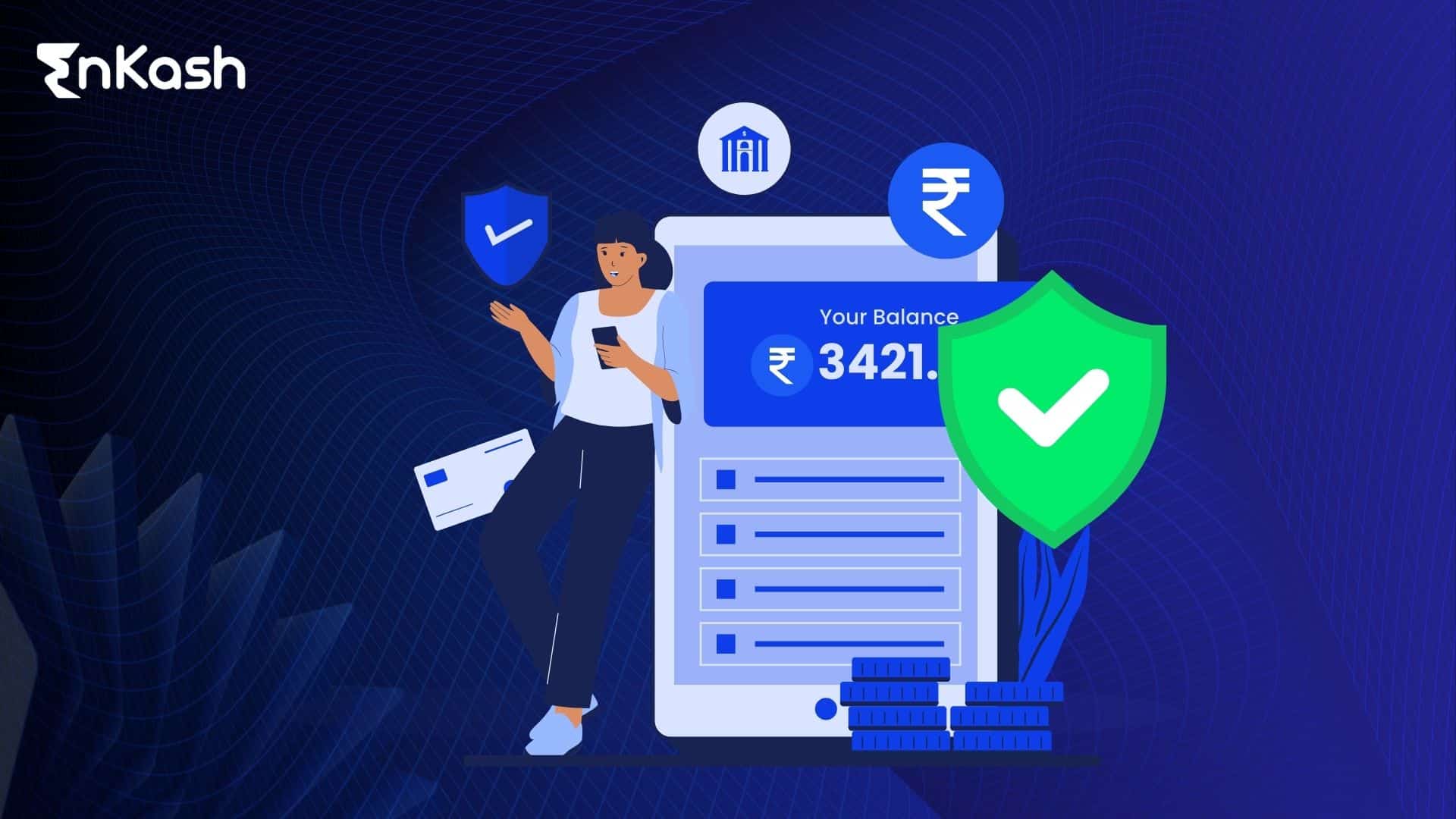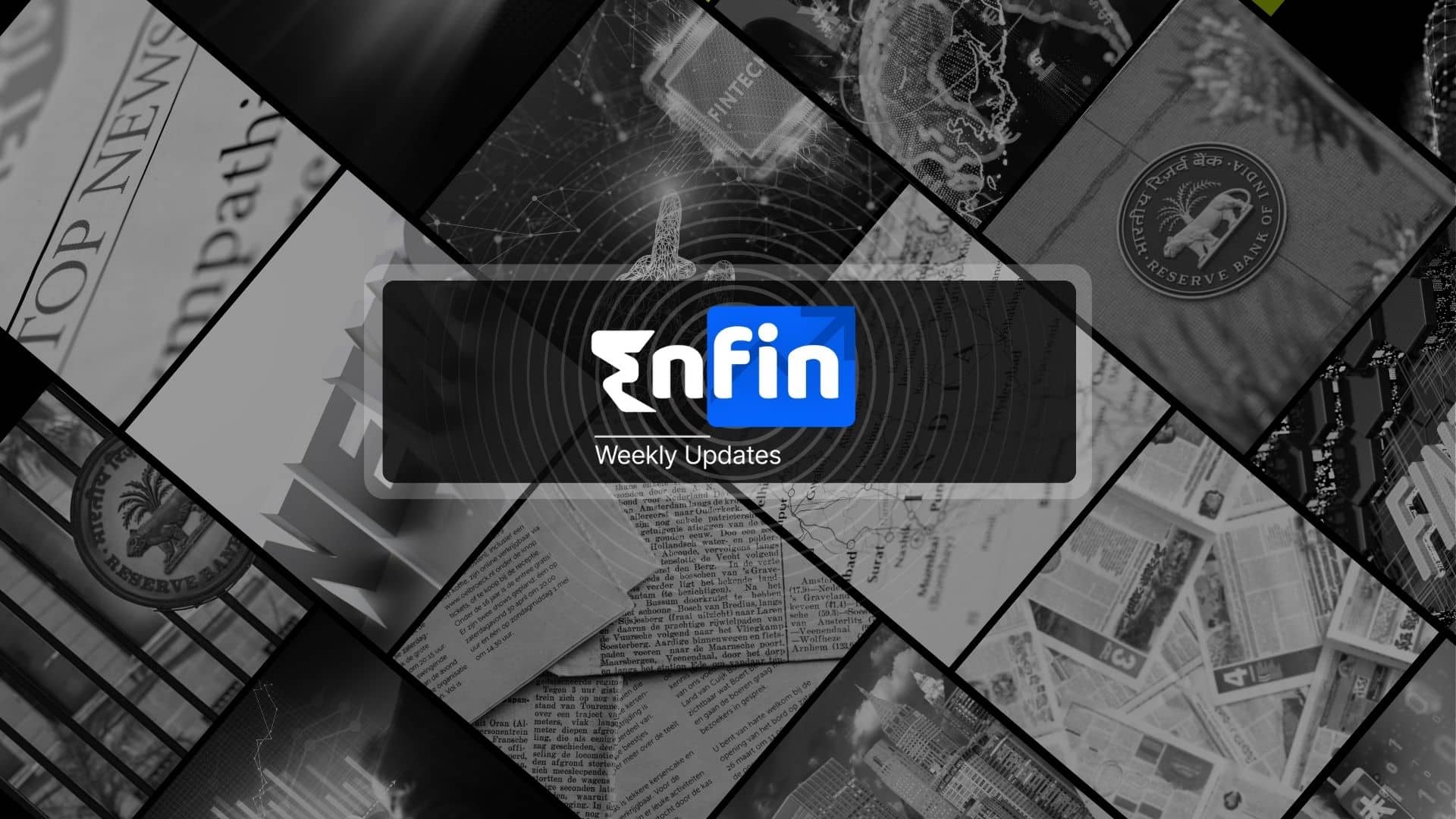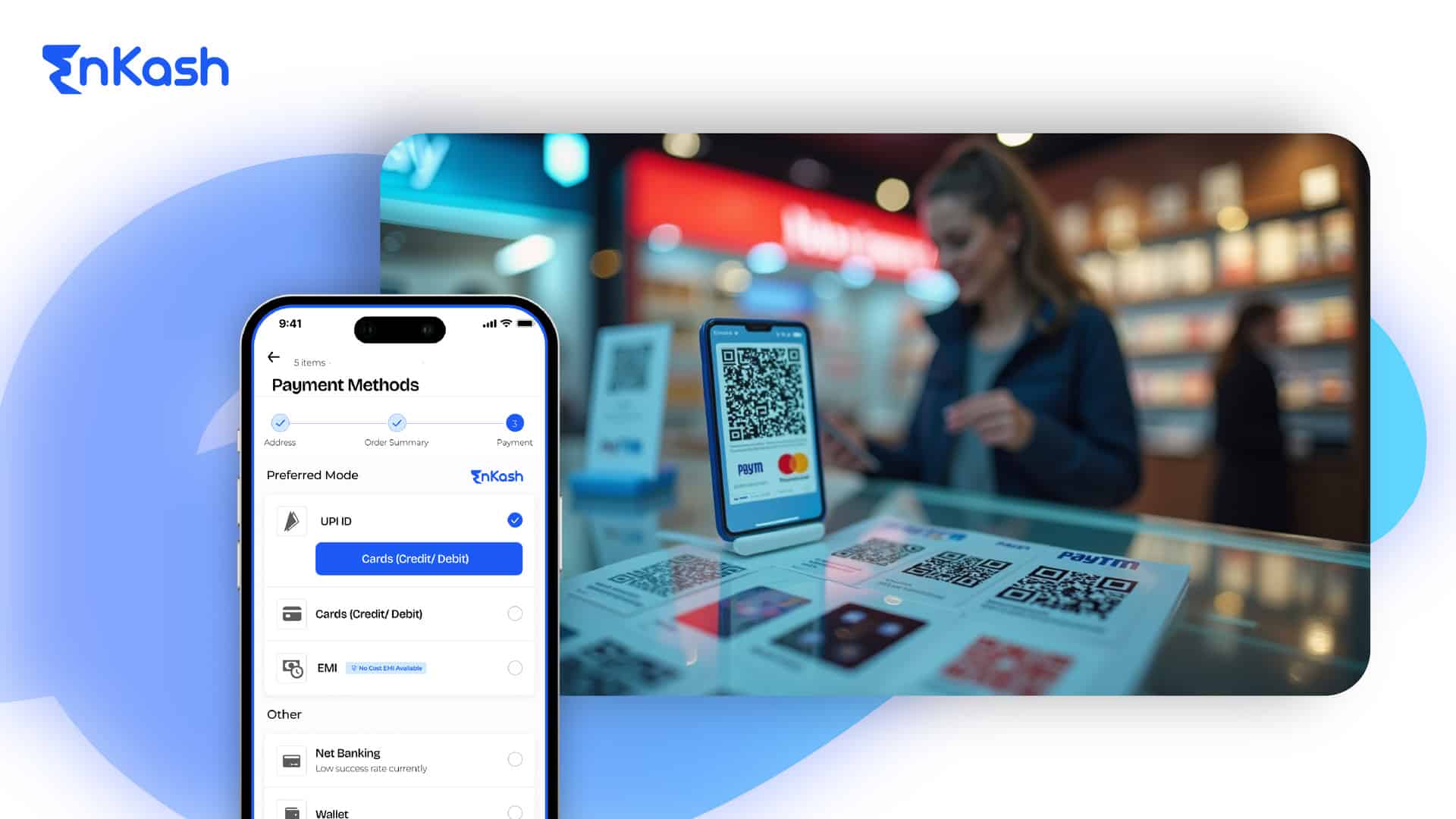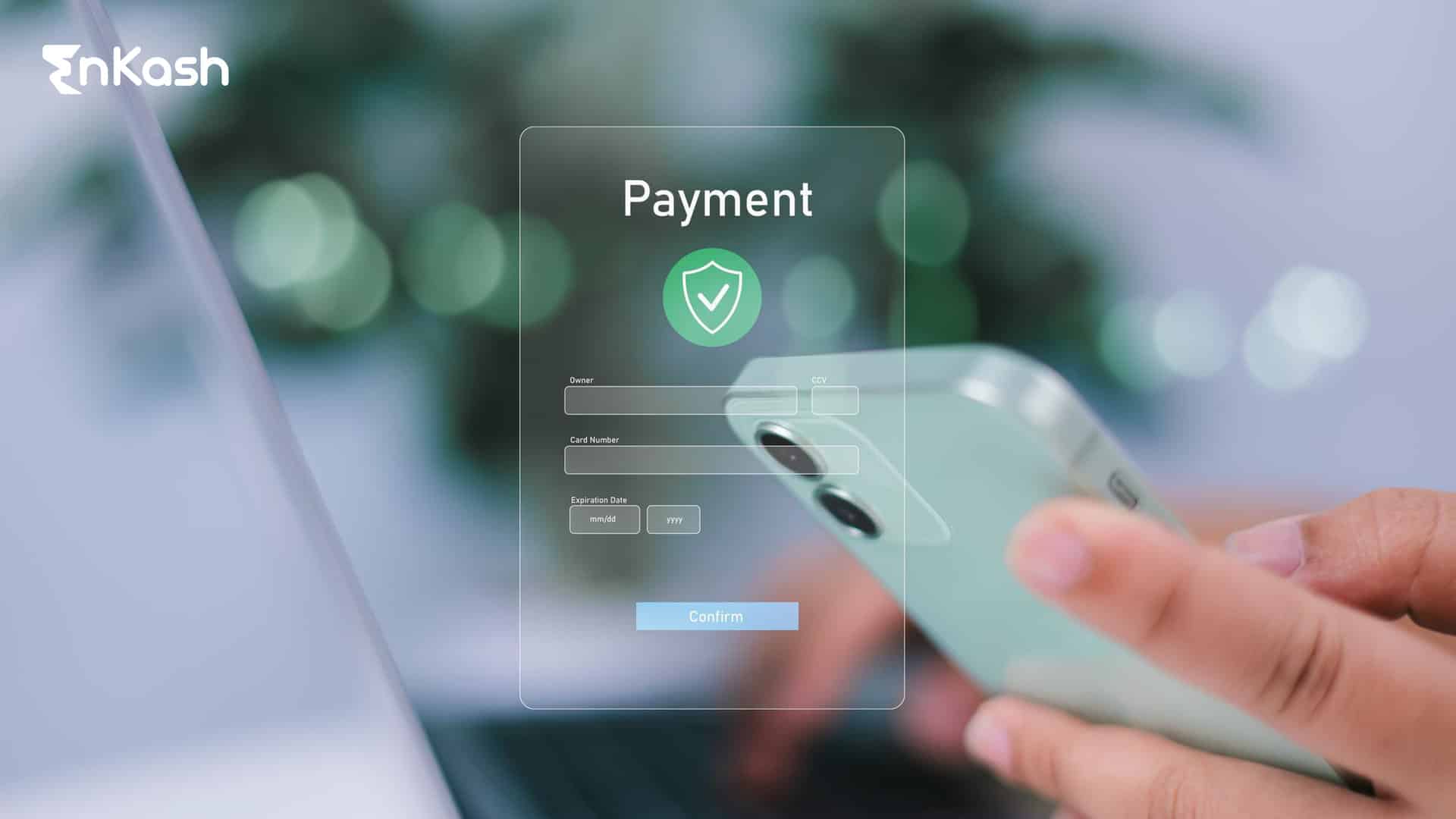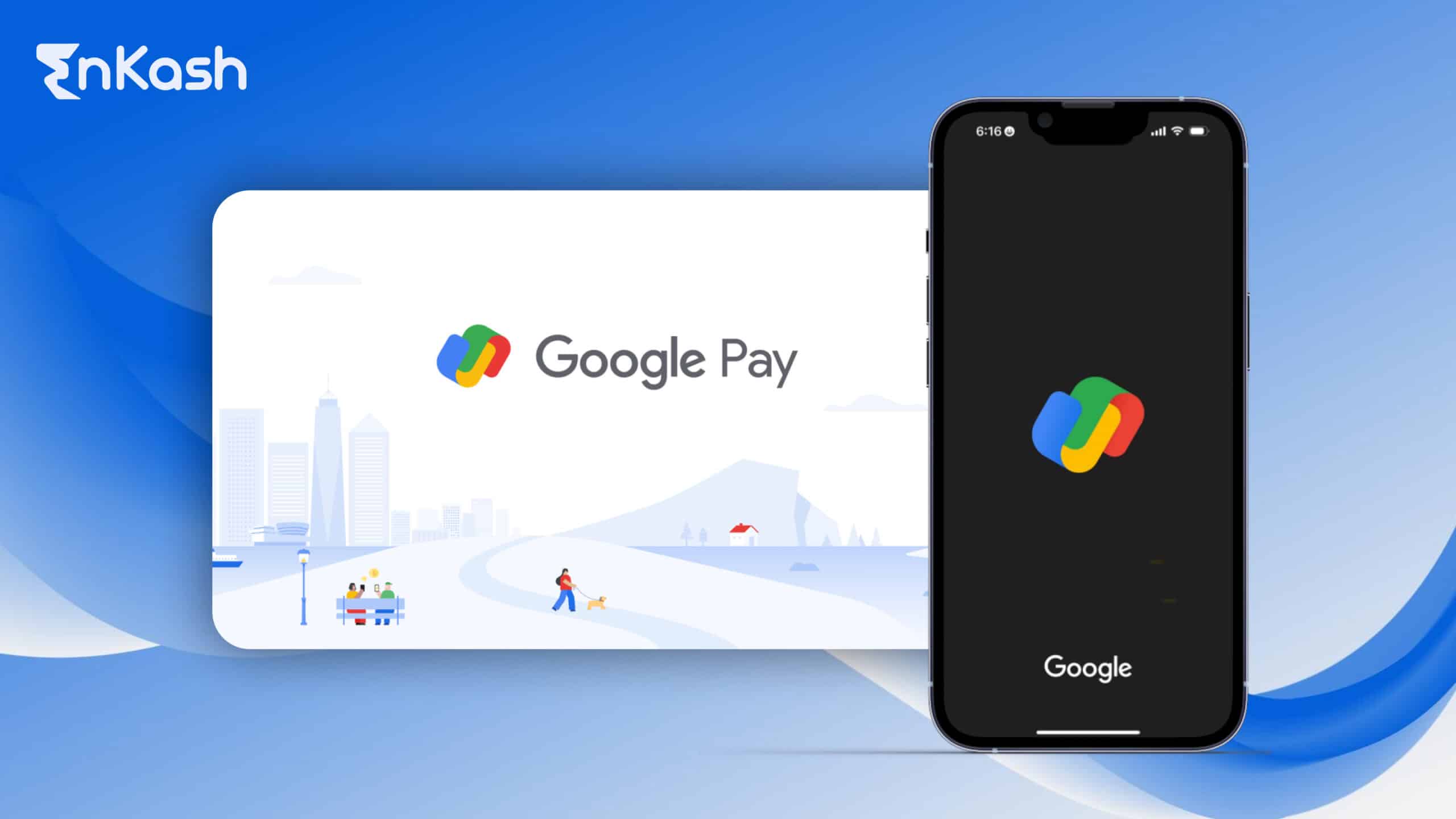Have you ever wondered how online marketplaces manage the flow of funds between buyers and sellers? This is where nodal accounts come into play, acting as a safeguard for both customers and businesses in digital transactions. But what exactly is a nodal account, and how does it function? If you find yourself pondering these questions, you’ve come to the right place. In this comprehensive guide, we will answer all your questions about nodal accounts in India, explore their meaning, benefits, operational mechanics, and walk you through the process of opening one.
What is Nodal Accounts? Understanding its Meaning and Function
A nodal bank account, also known as a nodal account meaning, a special type of bank account mandated by the Reserve Bank of India (RBI) for businesses acting as intermediaries in online transactions. These intermediaries connect customers to sellers, facilitating online payments.
Here’s a breakdown of the key aspects of a nodal account:
Purpose: To hold funds received from customers on behalf of sellers until the transaction is completed. This ensures that the money remains separate from the intermediary’s own funds, safeguarding both parties involved.
Who needs it: Businesses functioning as online marketplaces, aggregators, payment gateways, or any entity collecting payments from customers for goods or services provided by third parties.
Benefits: Increased transparency and security in online transactions, reduced risk of fraud, and compliance with RBI regulations.
In simpler terms, let’s break down the nodal account concept with a practical example. Suppose you run an e-commerce platform connecting buyers with sellers. When a customer makes a purchase, the payment isn’t directly transferred to the seller’s account. Instead, it first lands in a nodal account managed by a third-party payment service provider. Once the transaction is verified and authorized, the funds are then disbursed to the seller’s account, minus any applicable fees or charges.
How Nodal Account Work: Bridging the Gap between Buyers and Sellers
Imagine you’re shopping online at a marketplace like Amazon. You add items to your cart and proceed to checkout, making a payment through a payment gateway. Here’s where the nodal account comes into play:
Buyer Makes Payment: You initiate the payment using a debit card, credit card, or other online payment methods
Funds Flow to Nodal Account: The payment is directed to the nodal account maintained by the marketplace, not their own business account
Order Processing & Delivery: Upon receiving the payment confirmation, the marketplace processes your order and arranges for delivery
Seller Receives Payment: Once the order is fulfilled and confirmed (usually upon delivery or after a specific period), the marketplace releases the funds from the nodal account to the seller’s designated account
The above process is how nodal account works, this process guarantees that the buyer’s money never mingles with the marketplace’s funds, minimizing the risk of misuse and fostering trust in the online shopping experience.
Benefits of Nodal Accounts
So, what are the advantages of incorporating nodal accounts into your payment infrastructure? Nodal accounts offer several advantages for both businesses and customers:
For Businesses:
Enhanced security: By separating customer payments from the business’s own funds, nodal accounts minimize the risk of fraud and misuse of funds
Increased transparency: Nodal accounts provide a clear audit trail of transactions, fostering trust and confidence with customers and partners
Compliance with regulations: Using nodal accounts ensures adherence to RBI regulations for online payments, protecting businesses from potential legal issues
For Customers:
Peace of mind: Knowing their funds are held securely in a separate account until the transaction is complete gives customers peace of mind when making online purchases
Reduced risk of fraud: Nodal accounts mitigate the risk of fraudulent activities by ensuring proper disbursement of funds only upon successful completion of the transaction
Increased transparency: Customers can have greater faith in the transaction process knowing that their payments are handled according to established guidelines
How to Open Nodal Account?
Now that you’re familiar with the concept and benefits, let’s walk through the steps of how to open nodal account:
Research Providers: Begin by researching reputable payment service providers that offer nodal account services. Look for providers with a track record of reliability, security, and regulatory compliance.
Documentation: Prepare the necessary documentation as per the provider’s requirements. This may include business registration documents, KYC (Know Your Customer) details, and financial statements.
Application Process: Initiate the application process with your chosen provider. This typically involves filling out an application form and submitting the required documentation for verification.
Agreement Terms: Review and negotiate the terms of the nodal account agreement with the provider. Pay close attention to fees, transaction limits, dispute resolution mechanisms, and other relevant terms.
Activation and Integration: Upon approval, your nodal account will be activated. Integrate it seamlessly into your existing payment infrastructure, ensuring compatibility with your business processes.
Training and Support: Familiarize yourself and your team with the functionalities of the nodal account. Seek assistance from the provider for any technical queries or operational assistance.
Congratulations! You’ve successfully opened a nodal account, empowering your business with secure and efficient payment capabilities.
Who can open a nodal account? Give some nodal account examples
As per the RBI guidelines, only businesses operating as online marketplaces, payment gateways, or aggregators are eligible to open nodal accounts. Individual sellers or small businesses typically wouldn’t require a nodal account. Nodal accounts are particularly crucial for businesses operating in specific sectors, here are some nodal account examples:
E-commerce marketplaces: Platforms like Amazon, Flipkart, and Snapdeal connect buyers and sellers, managing payments through nodal accounts
Aggregation platforms: These platforms aggregate services from various providers, such as recharge and bill payment services. They use nodal accounts to collect payments from users and then disburse them to the respective service providers
Travel booking platforms: These platforms facilitate travel bookings for hotels, flights, and other services. They hold customer payments in nodal accounts until the service is rendered
Nodal Accounts vs. Escrow Accounts: Understanding the Difference
While nodal accounts and escrow accounts both involve holding funds securely during transactions, there are key distinctions:
Purpose: Nodal accounts are specifically mandated by the RBI for online intermediaries, while escrow accounts can be used in various scenarios beyond online marketplaces, such as real estate transactions or freelance work.
Control: In a nodal account, the intermediary doesn’t have control over the funds, simply acting as a facilitator. In contrast, an escrow agent (who holds the funds in an escrow account) may have certain decision-making powers regarding the release of funds based on specific conditions.
Scope: Escrow accounts are commonly used in real estate transactions, mergers and acquisitions, and legal settlements, where the stakes are high, and trust is paramount. Nodal Accounts, however, find application in a broader range of industries, particularly in online commerce and digital payments ecosystems.
Conclusion
In conclusion, nodal accounts play a pivotal role in modern-day financial transactions, offering security, efficiency, and regulatory compliance. By understanding their meaning, benefits, and operational mechanics, businesses can leverage nodal accounts to streamline their payment processes and enhance customer satisfaction. So, why wait? Explore the world of nodal accounts today and revolutionize your payment infrastructure!
Frequently Asked Questions
Q. What is nodal account in India?
A nodal account meaning in India is that it serves as an intermediary account for facilitating online transactions between multiple parties.
Q. What are the benefits of a nodal account?
The benefits of nodal accounts include enhanced security, streamlined transactions, regulatory compliance, and improved transparency.
Q. How nodal account work?
Nodal accounts work by temporarily holding funds during transactions and releasing them once all conditions are met, ensuring a seamless exchange.
Q. Who can open a nodal account in India?
Businesses and organizations operating in India can open nodal accounts to facilitate online transactions.
Q. What is the difference between escrow and nodal account
While both escrow and nodal accounts serve as intermediaries in transactions, escrow typically involves a trusted third party holding funds until specific conditions are met, whereas nodal accounts focus on facilitating transactions within a payment ecosystem.







